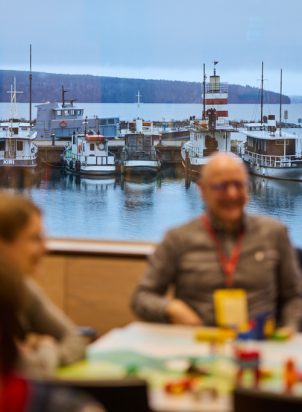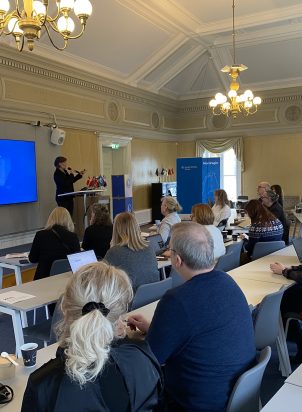New Nordregio maps show a shift in migration in the Nordic countries between 1960 and 2010.
An article in the Nordic Labour Journal that is based on Nordregio maps shows that there has been a clear shift in migration between 1960 and 2010. The main trends are summarised below.
In 1960:

Sweden received most of the Nordic migrants, especially from Finland. Denmark also received an important number of Nordic migrants (mainly from Norway and Iceland) as well as migrants from outside the Nordic countries. Important out-migration from Finland and Iceland. Emigration to the Nordic countries: mostly from other European countries, followed by North and South America. The main receiver was Denmark.
In 2010 (2012):

Norway is the main receiver of Nordic migrants. Denmark is the second Nordic country that has a surplus of Nordic migrants. Balanced situation of Nordic migrants for Sweden and Finland. Iceland still has out-migration surplus. Emigration to the Nordic countries: mostly from other European countries. Important share of emigration coming from Asia (and Australia). The main receiver is Sweden.


